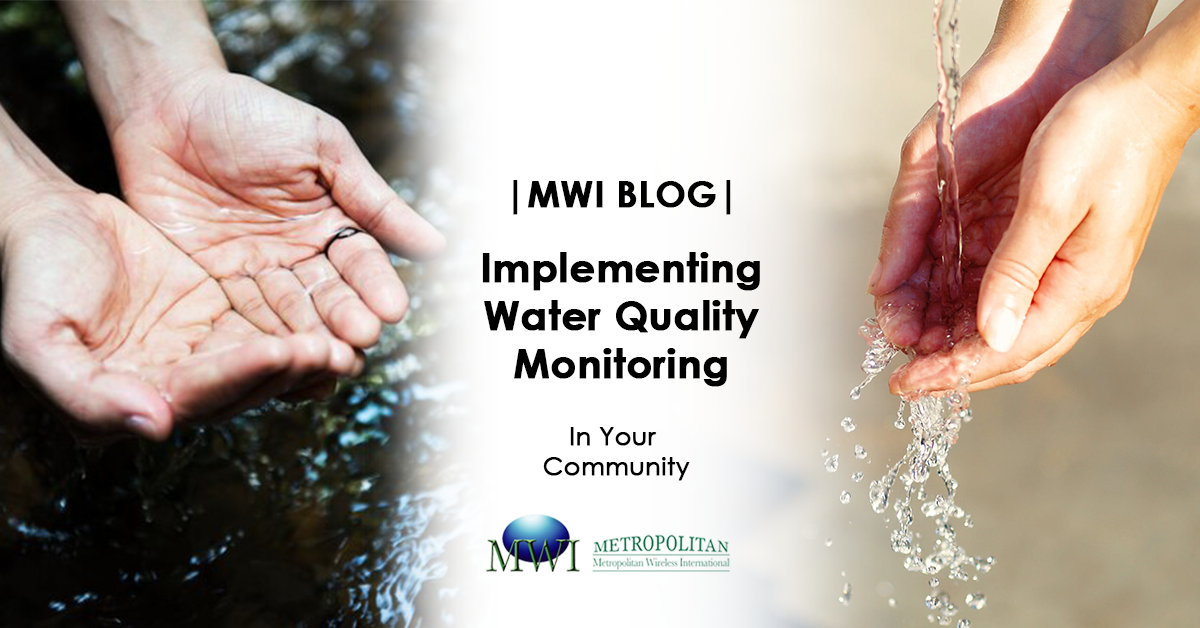Water is a vital resource, essential for all forms of life. Ensuring its quality is crucial for the health and wellbeing of our communities. Implementing water quality monitoring systems offers numerous benefits. This blog post explores the top ten advantages of such aquaculture systems in our communities.
1. Ensuring Public Health
Early Detection of Contaminants
Water quality monitoring plays a pivotal role in detecting harmful contaminants early. Regular testing can identify hazardous substances like lead, mercury, or bacteria before they pose a serious health risk.
Prevention of Waterborne Diseases
By monitoring water quality, communities can prevent outbreaks of waterborne diseases. This proactive approach is essential for maintaining public health and safety.
2. Environmental Protection
Preservation of Aquatic Ecosystems
Monitoring water quality helps in preserving aquatic ecosystems. It ensures that water bodies remain healthy for various species that depend on them.
Preventing Environmental Degradation
Regular monitoring can also prevent environmental degradation. It identifies pollutants early, preventing them from causing long-term harm to ecosystems.
3. Enhancing Water Resource Management
Efficient Use of Water Resources
With quality monitoring, communities can manage their water resources more efficiently. It ensures that the water is safe and sustainable for various uses.
Data-Driven Decisions
Monitoring provides valuable data that can inform decision-making processes. This data-driven approach leads to better management of water resources.
4. Boosting Economic Growth
Supporting Local Industries
Clean water is essential for many local industries. Water quality monitoring supports these industries by ensuring a constant supply of clean water.
Attracting Investment
Communities with robust water monitoring systems attract more investment. Investors prefer locations with guaranteed access to clean water.
5. Fostering Community Engagement
Educating the Public
Water monitoring initiatives often involve educating the public. This education fosters a sense of community responsibility towards water conservation.
Encouraging Community Participation
Such initiatives also encourage community participation. Residents become more involved in local environmental efforts.
6. Compliance with Regulations
Meeting Legal Standards
Monitoring helps communities comply with water quality regulations. It ensures that water standards meet legal requirements.
Avoiding Legal Penalties
Regular monitoring also helps avoid legal penalties associated with non-compliance. This proactive approach is essential for community welfare.
7. Enhancing Disaster Preparedness
Early Warning Systems
Water Quality monitoring systems can serve as early warning systems. They detect changes in water quality that may indicate impending environmental disasters.
Mitigating Disaster Risks
By identifying these risks early, communities can take proactive steps to mitigate disaster impacts. This preparedness is crucial for community safety.
8. Supporting Public Confidence
Building Trust in Water Supply
Regular monitoring builds public trust in the community’s water supply. It assures residents that their water is safe for consumption.
Strengthening Community Bonds
This trust strengthens community bonds. Residents feel more connected and confident in their local governance.
9. Advancing Scientific Research
Contributing to Scientific Knowledge
Water quality data contributes to broader scientific research. It helps scientists understand environmental patterns and changes.
Informing Policy Decisions
This research can also inform policy decisions. It provides a scientific basis for creating effective environmental policies.
10. Long-term Sustainability
Promoting Sustainable Practices
Monitoring encourages sustainable water usage practices. It highlights the importance of preserving water quality for future generations.
Ensuring a Lasting Legacy
By focusing on long-term sustainability, communities can ensure a lasting legacy. They create a healthier environment for future residents.
Implementing water quality monitoring systems brings numerous benefits. From protecting public health to enhancing economic growth, these systems are vital for community wellbeing. By investing in water quality monitoring, communities take a significant step towards a sustainable and prosperous future.




